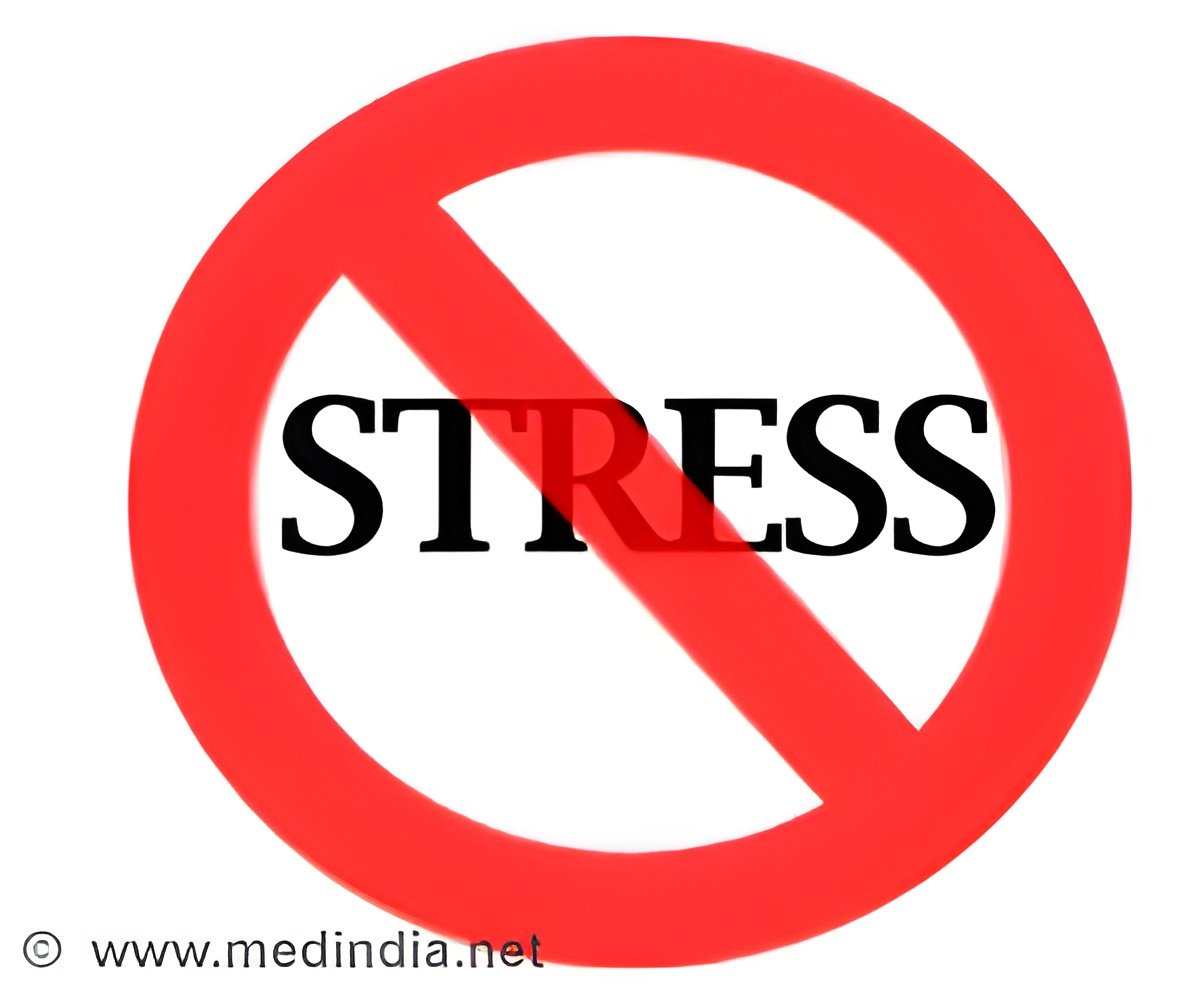Risk of high blood pressure and heart events raises with elevated stress hormones when compared to those who had lower stress hormone levels.

‘Risk of high blood pressure and heart events raises with elevated stress hormones when compared to those who had lower stress hormone levels.
’





The study enrolled more than 6,000 men and women from six U.S. communities. As part of MESA exams, 3 and 4 (conducted between July 2004 and October 2006), white, Black and Hispanic participants with normal blood pressure from the New York and Los Angeles sites were invited to participate in the study. Stress and Health
“The stress hormones norepinephrine, epinephrine, dopamine and cortisol can increase with stress from life events, work, relationships, finances and more. And we confirmed that stress is a key factor contributing to the risk of hypertension and cardiovascular events. Previous research focused on the relationship between stress hormone levels and hypertension or cardiovascular events in patients with existing hypertension. However, studies looking at adults without hypertension were lacking,” says study author Kosuke Inoue, M.D., Ph.D., assistant professor of social epidemiology at Kyoto University in Kyoto, Japan. Inoue also is affiliated with the department of epidemiology at the Fielding School of Public Health at the University of California, Los Angeles.
"The next key research question is whether and in which populations increased testing of stress hormones could be helpful. Currently, these hormones are measured only when hypertension with an underlying cause or other related diseases are suspected. However, if additional screening could help prevent hypertension and cardiovascular events, we may want to measure these hormone levels more frequently,” says, Inoue.
However, the limitation of the study is that it did not include people who had hypertension at the study’s start, which would have resulted in a larger study population. Moreover, the stress hormones were measured only via a urine test only, and no other tests for stress hormone measurement were used.
Advertisement















